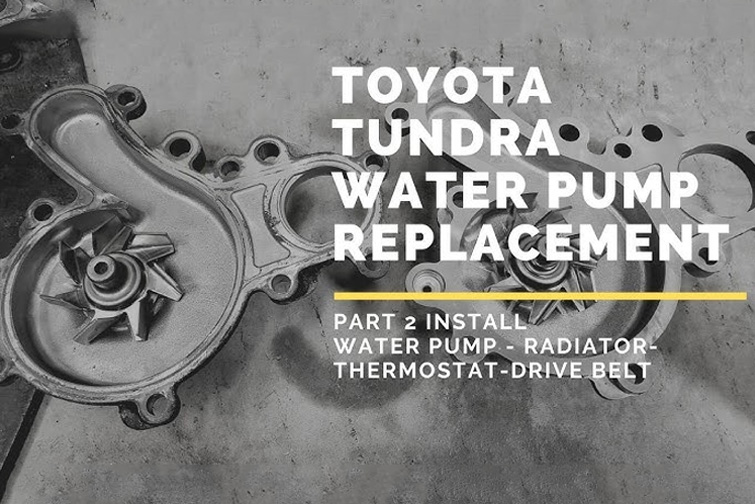The Water Pump plays a crucial role in your Toyota's cooling system. It circulates coolant through the engine, radiator, and heater core, ensuring your engine remains at an optimal temperature. Without a functioning water pump, your engine could overheat, leading to severe damage.

How Do I Know If My Toyota’s Water Pump Is Failing?
Common signs of a failing water pump include:
- Coolant Leaks: If you notice a puddle of coolant under your car, it could indicate that the water pump seal has worn out.
- Overheating Engine: An overheating engine often points to a problem with the water pump not circulating coolant effectively.
- Whining Noise: A high-pitched whining noise coming from the front of your engine might indicate a failing water pump bearing.
- Steam from Radiator: If you see steam coming from the radiator, it could be a sign that your water pump isn't working correctly.
How Often Should I Replace My Toyota’s Water Pump?
Water pumps typically last between 60,000 to 100,000 miles, depending on your vehicle model and driving conditions. It's often recommended to replace the water pump when you change the timing belt since they share similar lifespans and require similar labor to access. (Learn how here)
Can I Drive My Toyota With A Bad Water Pump?
Driving with a failing water pump is very risky and not recommended. If your water pump fails, your engine could overheat, leading to expensive repairs or even engine failure. If you suspect your water pump is failing, it's best to have it checked and replaced as soon as possible.


